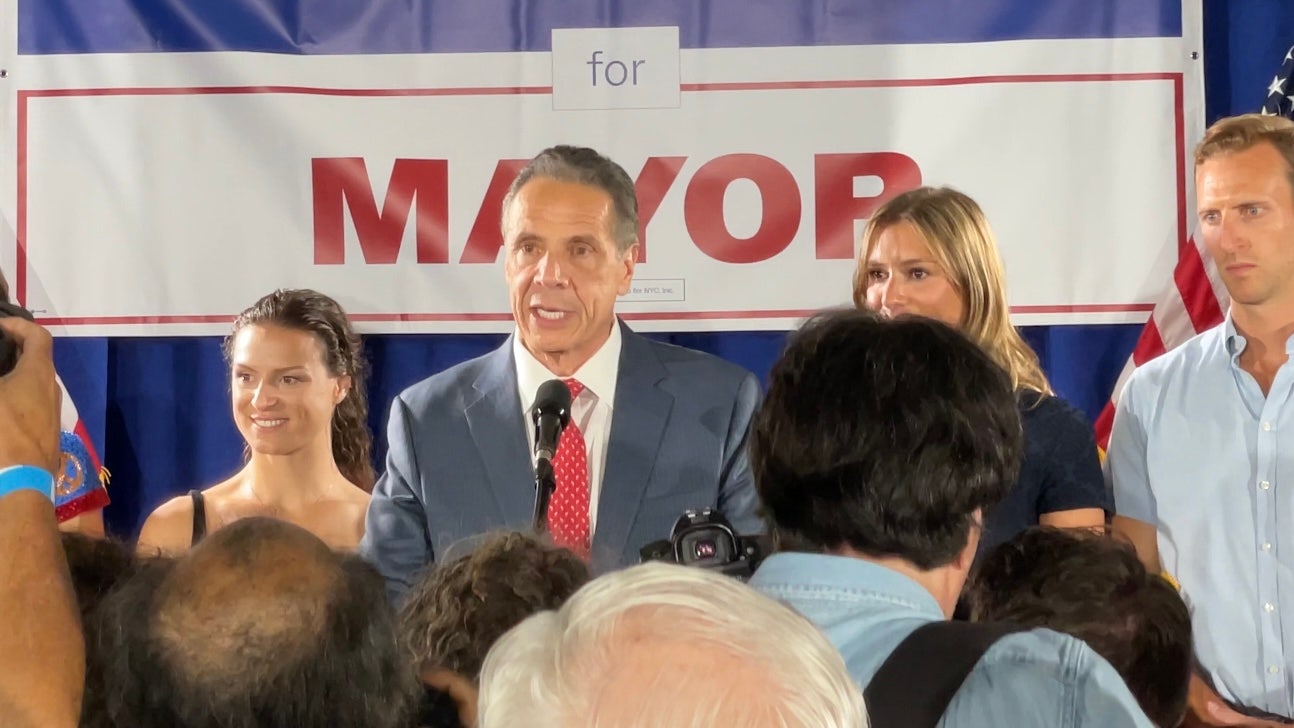“Think of the children.”
Few phrases have been more effective at dismantling rights and silencing opposition. It’s the ultimate rhetorical Trojan horse, bypassing rational debate to smuggle in crippling, inhumane policies.
Historically, cries of “save the children” have been a powerful tool to drive moral panics that systematically erode civil liberties.
The Five Eyes alliance — an Orwellian pact of surveillance states spanning the U.S., U.K., Canada, Australia, and New Zealand — has perfected this tactic. Its latest campaign claims to protect children from harm. Don’t be fooled. The real goal is to invade every corner of your digital life. Marketed as a crackdown on platforms like TikTok and Discord, accused of radicalizing youth, these efforts pave the way for a surveillance system more destructive than anything seen before. Big Brother has a Bigger Brother.
Erasing encryption
Now, to be clear, TikTok is a serious problem. The app is a digital honey trap for the Chinese Communist Party, vacuuming up data and warping young minds with addictive content. But Beijing doesn’t have a monopoly on exploitation. The United States, alongside its Five Eyes allies, is quietly turning “protecting children” into a blunt instrument to crush dissent and invade every corner of your life. “Violent extremist content is more accessible, more digestible, and more impactful than ever before,” claims the Five Eyes initiative. This assertion may justify increasingly invasive measures under the pretext of preventing exposure to such content.
Which takes us to the heart of this initiative: a relentless assault on encryption — the very backbone of digital privacy. By undermining encryption, the alliance aims to tear down the barriers safeguarding your most sensitive information, from private conversations to financial records.
The push to weaken encryption has nothing to do with safety; it’s about control. Demolishing encryption protections doesn’t just expose Americans to government overreach; it also leaves them wide open to cybercriminals, identity thieves, and hostile foreign actors. And in a darkly ironic twist, it makes children — the very people these elites claim to be protecting — far more vulnerable to the same predators they claim to fight. Back doors in encryption don’t discriminate. They become open doors, waiting to be exploited by anyone who can breach them.
Learning from history
Historically, cries of “save the children” have been a powerful tool to drive moral panics that systematically erode civil liberties. In America, this tactic has repeatedly served as justification for policies that expand state power at the expense of individual freedoms. During the Red Scare of the 1950s, protecting children from communist indoctrination became a rallying point for sweeping censorship and loyalty oaths. Teachers were fired, school curriculums gutted, and free expression stifled — all in the name of shielding youth from so-called subversive ideas.
The Five Eyes’ latest initiative is nothing more than the same authoritarian playbook, updated for the digital age.
“The online environment allows minors to interact with adults and other minors, allowing them to view and distribute violent extremist content which further radicalises themselves and others,” it reads. This highlights the potential for mass monitoring of minors’ online activities, raising concerns about privacy and disproportionate responses. More troublingly, it sets the stage for invasive measures that target young people under the pretense of safety.
The emotional appeal of protecting youth is, yet again, being used to rally support for policies that concentrate power in the hands of the state. The pattern is unmistakable: Invoke fear, demand action, and chip away at freedoms in the process.
Same stuff, different decade.
The new scare
Today, it’s encryption in the crosshairs. Tomorrow, it could be the criminalization of dissent. Consider the language of the Five Eyes campaign, rife with vague terms like “malign actors” and “extremism.” These are not carefully defined threats but malleable excuses, broad enough to ensnare journalists, whistleblowers, or anyone daring to criticize those in power.
“Minors are increasingly normalising violent behaviour in online groups, including joking about carrying out terrorist attacks and creating violent extremist content.” The idea of monitoring and interpreting minors’ online jokes or behaviors could lead to punitive actions against young people for relatively harmless activities. Sharing a meme, for instance, could be misconstrued as evidence of radicalization, turning a harmless joke into a justification for invasive surveillance or even legal consequences.
The danger isn’t hypothetical. The United States already leads the world in invasive surveillance.
The initiative insists that a “renewed whole-of-society approach is required to address the issue of minors radicalising to violent extremism.” Such broad language could and should be interpreted as a mandate for expansive powers that infringe on individual rights and freedoms. This approach might involve mass data collection or enlisting private entities as de facto surveillance agents.
The danger isn’t hypothetical. The United States already leads the world in invasive surveillance. Think of the NSA’s PRISM program, exposed by Edward Snowden, which harvested Americans’ emails, messages, and browsing history under the flimsiest of legal pretexts. Weakening encryption will only supercharge this predation, turning every device into a surveillance tool.Yes, things are already dire — privacy is virtually nonexistent. But it can always get worse. The erosion of rights doesn’t happen all at once; it’s a slow, relentless grind, and complacency is its greatest ally.
America must push back against this descent. TikTok is not the only enemy. If the Five Eyes initiative succeeds, future generations will curse us for our cowardice.
Read the full article here










